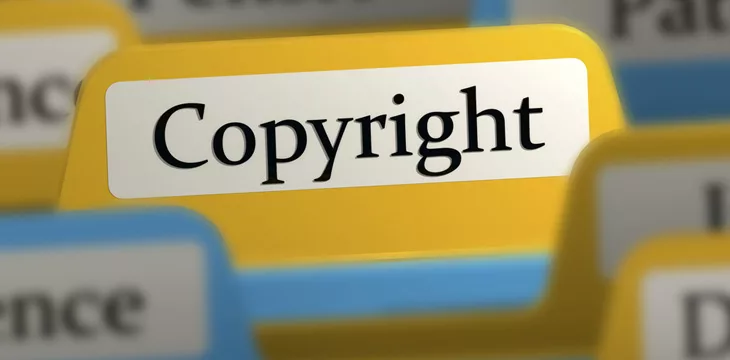As generative artificial intelligence (AI) continues to be in the spotlight, a group of Japanese experts has established a think tank to prevent copyright issues stemming from using AI models in the creative process.
Dubbed the “Anime Chain Preparatory Committee,” the think tank includes AI and blockchain experts in Japan. In a report by Animation Magazine, the think tank is building an AI model with opt-in training data for anime creators to use without the hassle of dealing with copyright claims.
The model will rely on blockchain to ensure the “transparency and legitimacy” of training data, recording processes on-chain for clarity. Anime Chain says its primary objective is to build a safe environment for creators, which it intends to achieve by seeking the express consent of copyright holders.
“With our goal to respect creators’ rights, we will provide a generative AI rebuilt from the foundation model utilizing only opt-in material that has received the consent of the rights holders along with related tools,” read the report
Outside of preventing intellectual property issues, the preparatory committee is keen on solving the labor shortage problem in Japan’s anime industry. Despite its soaring population, there has been a steady decline of animators in the industry, but introducing an AI system may keep the content mill running.
The think tank says the new platform will return earnings generated from AI to both creators and the original IP rights holders, with a record of all keyframes and images recorded on a publicly distributed ledger.
Anime Chain unveiled a three-step plan designed to help attain its lofty objectives, starting with establishing a cooperative framework for creators and industry players. The framework will guide the use of AI-generated content while creating revenue-sharing rules.
The second stage of the plan will involve the creation of a foundational model trained with data obtained with the permission of copyright holders. The third stage will see the think tank use blockchain to onboard new creators and IP holders while pursuing a decentralized governance model.
Copyright issues threaten the future of generative AI
Across the Pacific, several creators have dragged AI developers to court for using illegally obtained materials to train their large language models (LLMs). OpenAI, Meta (NASDAQ: META), and Anthropic are mounting a defense in U.S. courts against aggrieved IP rights holders, with the industry watching the outcome of the legal proceedings.
In 2023, Japanese experts warned that the absence of AI copyright regulations may lead to an avalanche of legal battles in the near future. In June, Japanese lawmaker Takashi Kii raised the alarm over the lack of regulations protecting copyright holders from AI misuse.
In order for artificial intelligence (AI) to work right within the law and thrive in the face of growing challenges, it needs to integrate an enterprise blockchain system that ensures data input quality and ownership—allowing it to keep data safe while also guaranteeing the immutability of data. Check out CoinGeek’s coverage on this emerging tech to learn more why Enterprise blockchain will be the backbone of AI.
Watch: Artificial intelligence needs blockchain
New to blockchain? Check out CoinGeek’s Blockchain for Beginners section, the ultimate resource guide to learn more about blockchain technology.
This news is republished from another source. You can check the original article here







